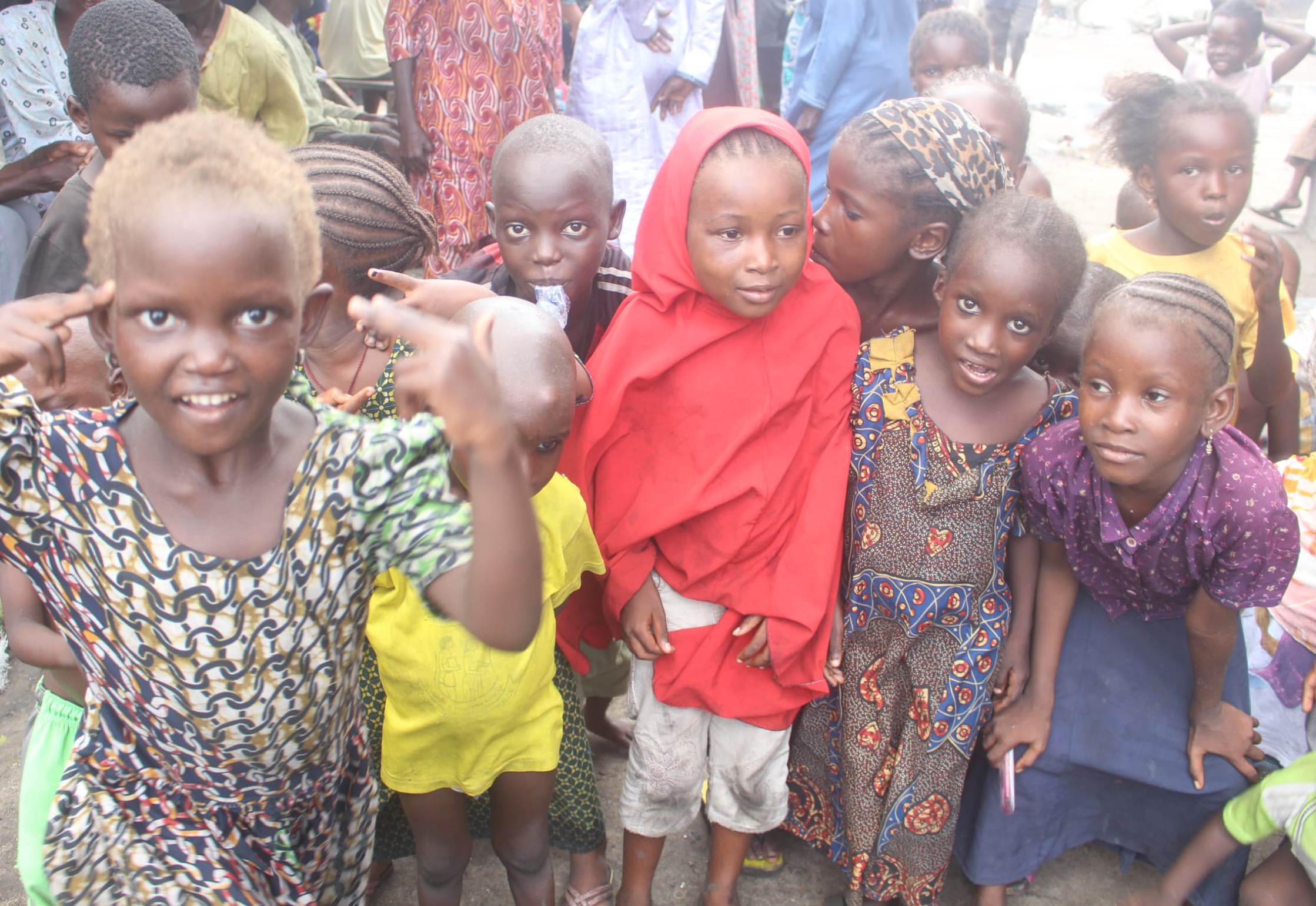Quality Education is captured as United Nations Goal 4 as a Sustainable Development Goal (SDG) and Target 4.5 specifically aims to “by 2030, eliminate gender disparities in education and ensure equal access to all levels of education and vocational training for the vulnerable, including persons with disabilities, indigenous peoples and children in vulnerable situations”
A visit to Alabarago lepers’ community recently by Mass Communication scholars from the University of Lagos (UNILAG) underline the neglect of SDG 4 highlighted by one of the community chiefs, Mr. Umar Abdullahi as one of the biggest problems in the urban slum.
As Sydney Badeau puts it; “People with disabilities are just as worthy as those without disabilities to live happy, productive lives”, Nigeria also shares the same position and the government underscored this position in the passage of the Disability Act (2018).
Speaking with the UNILAG Mass Communication scholars, a retired teacher and community chief, Umar Abdullahi, lamented that access to education is one of the Alabarago lepers’ community biggest worry.
His words: “We had a space where we operated a small school for children that couldn’t go to government or private schools; but due to financial problems we were unable to maintain it and it has become a dumpsite for waste.”
“We will be very happy if the government can assist us to rebuild the school to help us secure the future of our children. Presently, only about 30% of our children are going to school and we are appealing to the government to come assist us. We can provide land for more classes.”
The saying that there is ability in disability has long been used to remind us of the immense potential that lies within people living with disabilities. Yet, despite this acknowledgment, Nigeria has historically neglected the critical infrastructure and social amenities necessary to support these individuals, denying them a fair chance at thriving in society.
Umar, like many Nigerians are suffering from the economic pangs of the nation’s harsh fiscal environment, but his countenance as he discussed the educational gap between children in his community and the average Nigerian child drives unraveled a deep concern for the wellbeing of his society.
The Nigerian Disability Act clearly stipulate the rights of individuals to access quality education without discrimination.
- Advertisement -
Section 18(3) of the Nigerian Constitution, stipulates that “the Government shall strive to eradicate illiteracy; and to this end Government shall as and when practicable provide free, compulsory, and universal primary education; free secondary education; free university education; and free adult literacy program.”
Furthermore, the Discrimination Against Persons with Disabilities (Prohibition) Act, 2018 mandates the government to ensure inclusive and equitable education at all levels for PWD.
The UN Convention on the Rights of Persons with Disabilities (CRPD) further reinforces this by establishing inclusive education as the key mechanism for delivering the right to education for PWD. Inclusive education means that all students, regardless of their abilities, learn together in mainstream classrooms with teaching methods, materials, and environments that address their diverse needs.
Despite these constitutional guarantees and international treaties, Nigeria remains far from achieving the goal of inclusive education.
UNICEF reports that approximately 18.3 million children in Nigeria are not in school, and this number includes a significant proportion of children with disabilities. The grim reality is that many Nigerian schools, colleges, and universities are ill-prepared to accommodate PWD in mainstream settings.
Instead, they are often relegated to segregated ‘special’ facilities that lack the tools and resources to equip them with the necessary skills for gainful employment or independent living.
This segregation is not due to overcrowding in mainstream schools or a lack of resources, but rather a systemic unwillingness to address the specific needs of PWD.
The Nigerian National Policy on Education emphasizes the right of every Nigerian child to equal educational opportunities, irrespective of any disability. However, the absence of mandatory legislation enforcing this right has led to a severe gap between policy and practice.
For Nigeria to realize its full development potential, it must bridge the educational gap for PWD. Providing quality and inclusive education is not just a constitutional obligation but a moral imperative that will enable PWD to contribute meaningfully to society.




Comments are closed.